On Saturday Nigerians will head to the polls in the country’s tightest election since the end of military rule 16 years ago. One-time military dictator Muhammadu Buhari of the All Progressives Congress (APC) is taking on incumbent Goodluck Jonathan of the People’s Democratic Party (PDP) in a race that has captivated the country, and the continent, for several months. Not once in Nigerian history has an incumbent government lost a presidential election, but this time around there is a strong sense that the opposition actually has a chance. It’s a sign of a maturing political system, but many fear that the tight race could presage a spasm of post-election violence that could send Africa’s biggest economy over the edge, particularly as the security services are preoccupied with an operation against the Boko Haram militant group in the northeast. A recent Afrobarometer poll shows that most eligible Nigerians intend to vote, but at least half are concerned about political intimidation and violence.
Past elections in Nigeria have proven turbulent, but 2015 is likely to prove particularly volatile, says Roddy Barclay, senior Africa analyst at Control Risks, a political risk consultancy. “Nigeria is at a key crossroads as it enters this election cycle. This is the first genuinely competitive election since democracy was restored in 1999, and that challenges the longstanding status quo in the country’s political system. Under either scenario — a Jonathan or a Buhari victory — we anticipate blowback in the form of unrest in the heartland of the losing candidate.” And in a country already beset by a vicious Islamist insurgency, that unrest could have repercussions across the region.
This is not the first time Buhari, a Muslim northerner, has faced Jonathan at the polls. In 2011 Buhari challenged Jonathan, a Christian southerner, and lost by a large margin. But this time around he has a strong national backing, with the country’s major opposition parties coalescing around him. Polls in December indicated that Buhari and Jonathan were equally popular. A six-week postponement of elections, originally slated for February 14, due to insecurity may have given Jonathan, with his deeper purse, an edge in campaigning, but Buhari supporters have been unflagging. In the interim they welcomed several PDP defectors — and their vote banks — into their camp.
Not only are the vote blocks evenly matched, the potential for frustration-fueled violence as one side looses to the other in a tight race is much higher. There is also the issue of regional rivalry. In running for what some Nigerians consider a third term — Jonathan, a former vice-president, came to power in 2010 when President Umaru Yar’Adua died in office — the incumbent is breaking a longstanding political agreement to alternate power between northern and southern candidates. As a result, there is a strong perception in the north that the region has become increasingly politically and economically marginalized under Jonathan, says Barclay. The government has also struggled to meet the expectations of a young and increasingly urbanized society that demands rapid change, enabling the opposition to gain ground. “Buhari supporters really believe that he can win this time around, because he has a credible platform and a high-profile national campaign,” says Barclay. “So if expectations are frustrated, we’re likely to see a violent reaction.”
And the precedent is grim. When Jonathan was announced the winner of the 2011 election, rioting in the country’s north and central regions killed an estimated 800 in violence that broke largely along ethno-religious lines. “That spasm of unrest was largely due to frustrated northern youth taking to the streets in anger at a vote that they saw as impeding their prospects for future prosperity,” says Barclay. “That anger was manifested in the targeting of communities that were thought to favor Jonathan, in particular Christians in the north.”
Adunola Abiola, a political analyst and founder of the London-based Think Security Africa policy institute, was in the northwestern city of Kaduna during the 2011 riots. The stage is set, she says, for a much more widespread outbreak of rioting. In 2011 the violence was disorganized and spontaneous. “People were coming out and expressing their anger and targeting anyone they thought was in the ruling party based on their religion and ethnicity,” she says. “This time around you have an opposition that is national. It’s more likely that we will see violence across the country.”
Abiola is particularly concerned about the potential for accusations of electoral mismanagement and fraud. It is not clear that voters in the three northern states where Boko Haram is strongest will be able to go to the polls, nor is it certain that the estimated one million people displaced by the insurgency will be able to vote. Likely Buhari voters, their exclusion could spark allegations of fraud should he lose. “I am not suggesting in any way that the APC organizes violence, but they do have a passionate support base that may take violent action if they feel Buhari has been cheated in this election,” says Abiola.
Still, she says, a Jonathan or a Buhari win is preferable to the alternative: stalemate. In Nigeria’s constitution the presidency is not won on a majority vote alone. A successful candidate also needs to get at least 25% of the vote in 2/3 of Nigeria’s 36 states. By Think Security Africa’s calculations, Buhari has the popular vote, but Jonathan has the wider regional base. While a runoff is possible, the numbers are not likely to change on a second round, considering how close the two candidates are, says Abiola. “Our conclusion is that a free and fair poll will likely result in a stalemate.” With an economy rattled by the declining price of oil, the country’s main source of revenue, and an insurgency that threatens the region, Nigeria cannot afford paralysis in government, says Abiola. With so much weighing on the outcome of the election, taking Nigeria into the uncharted waters of a political standoff could be the most dangerous outcome of all.
See the Nigerian Town Bama Freed From Boko Haram

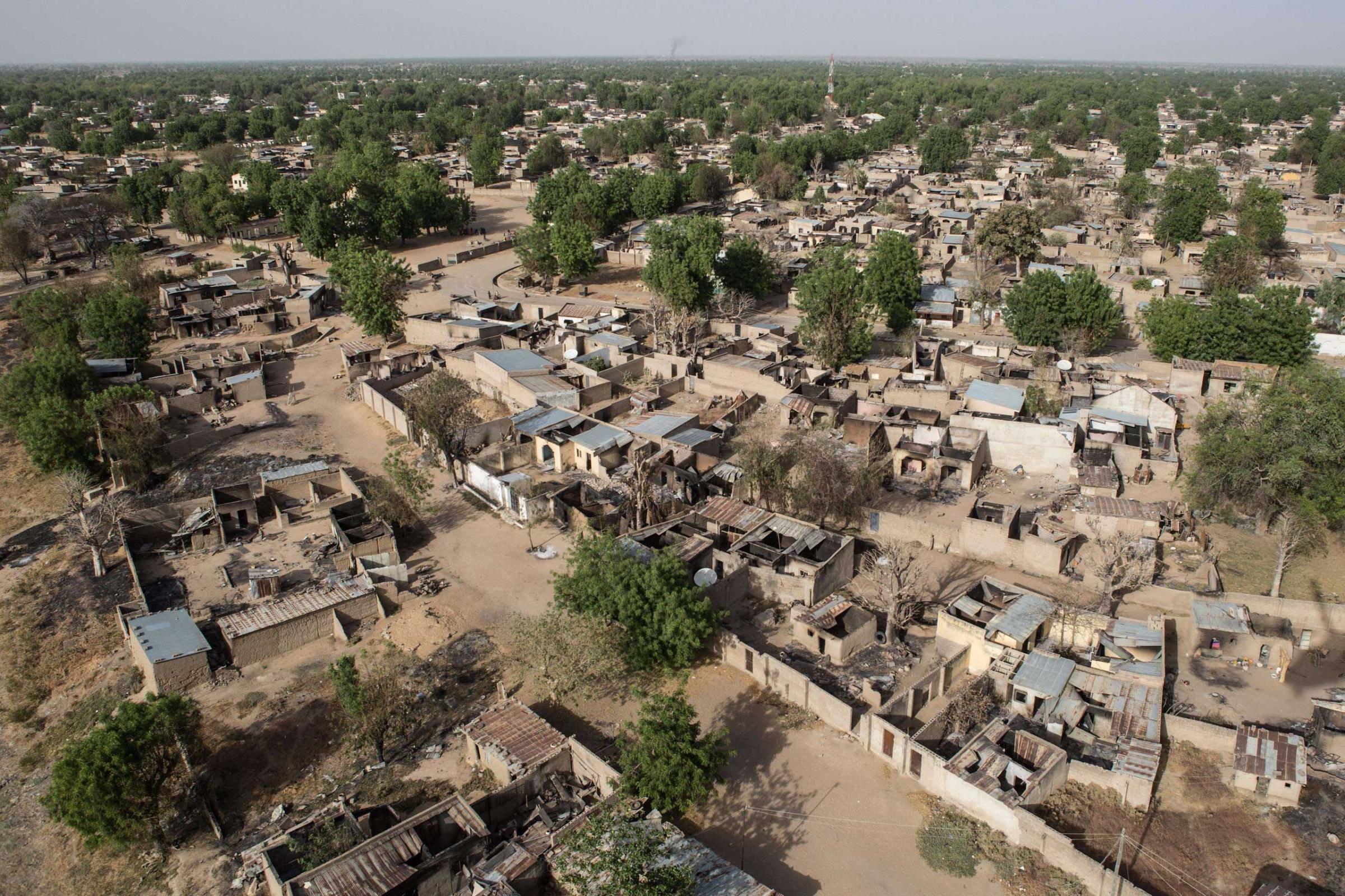
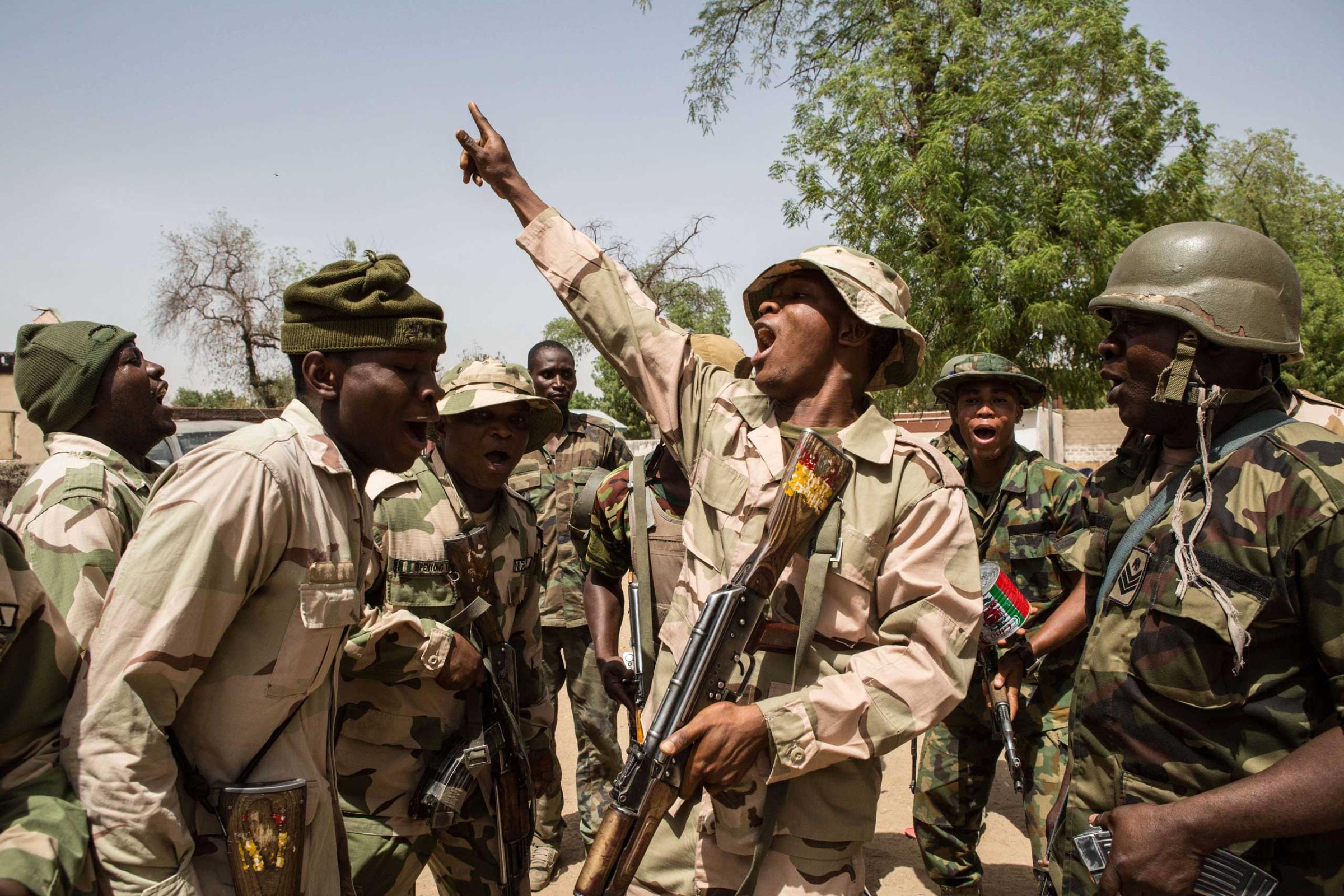
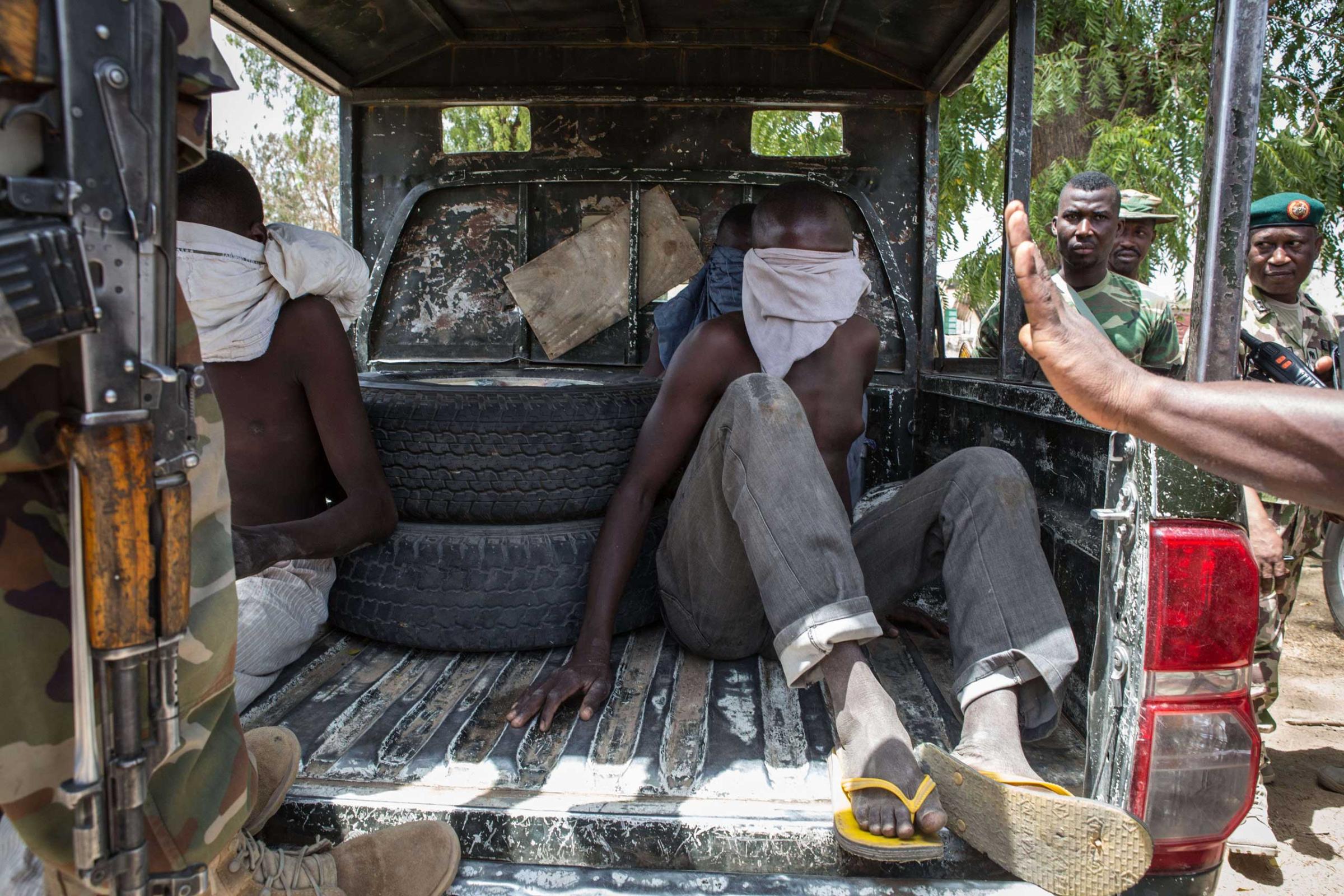
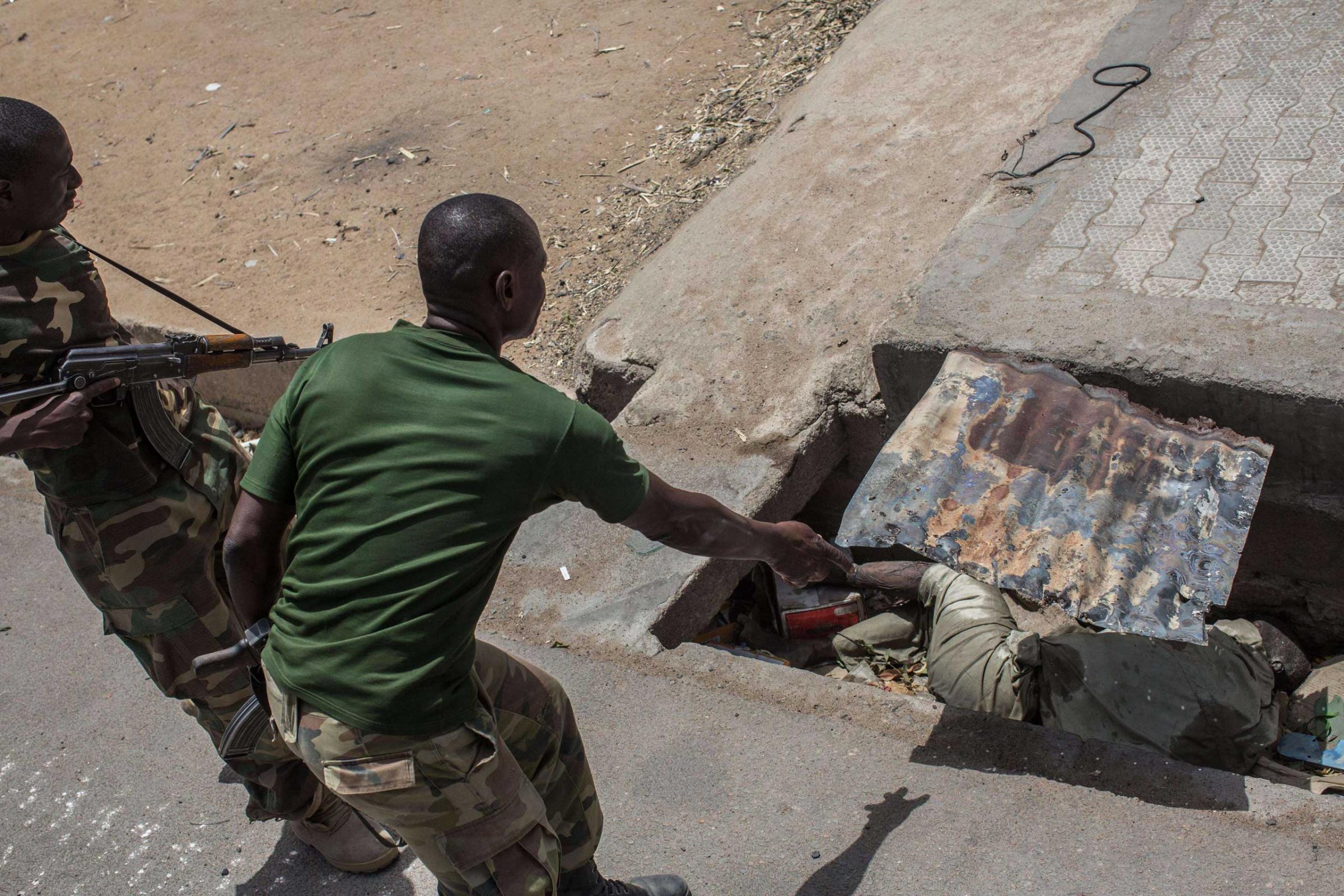
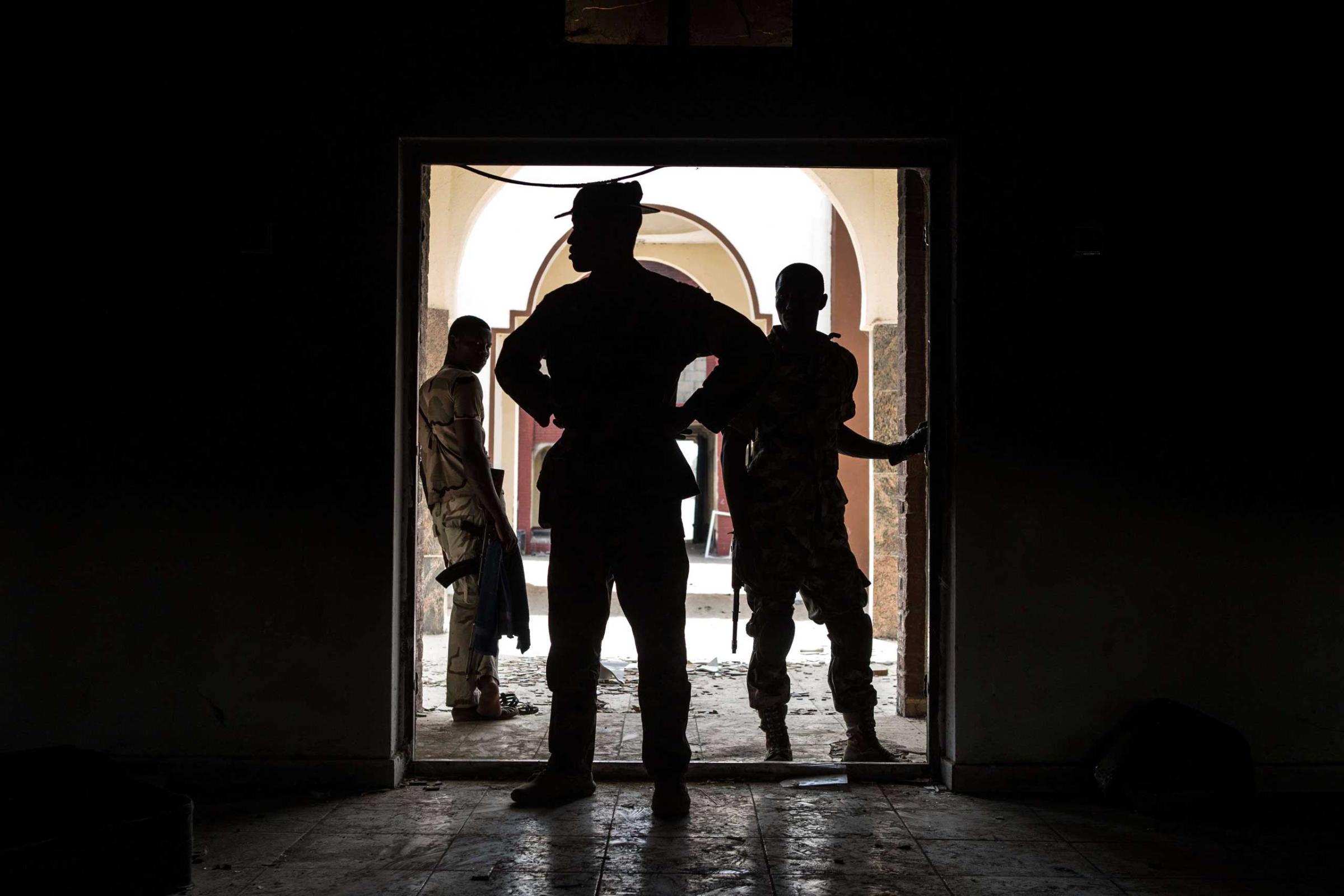
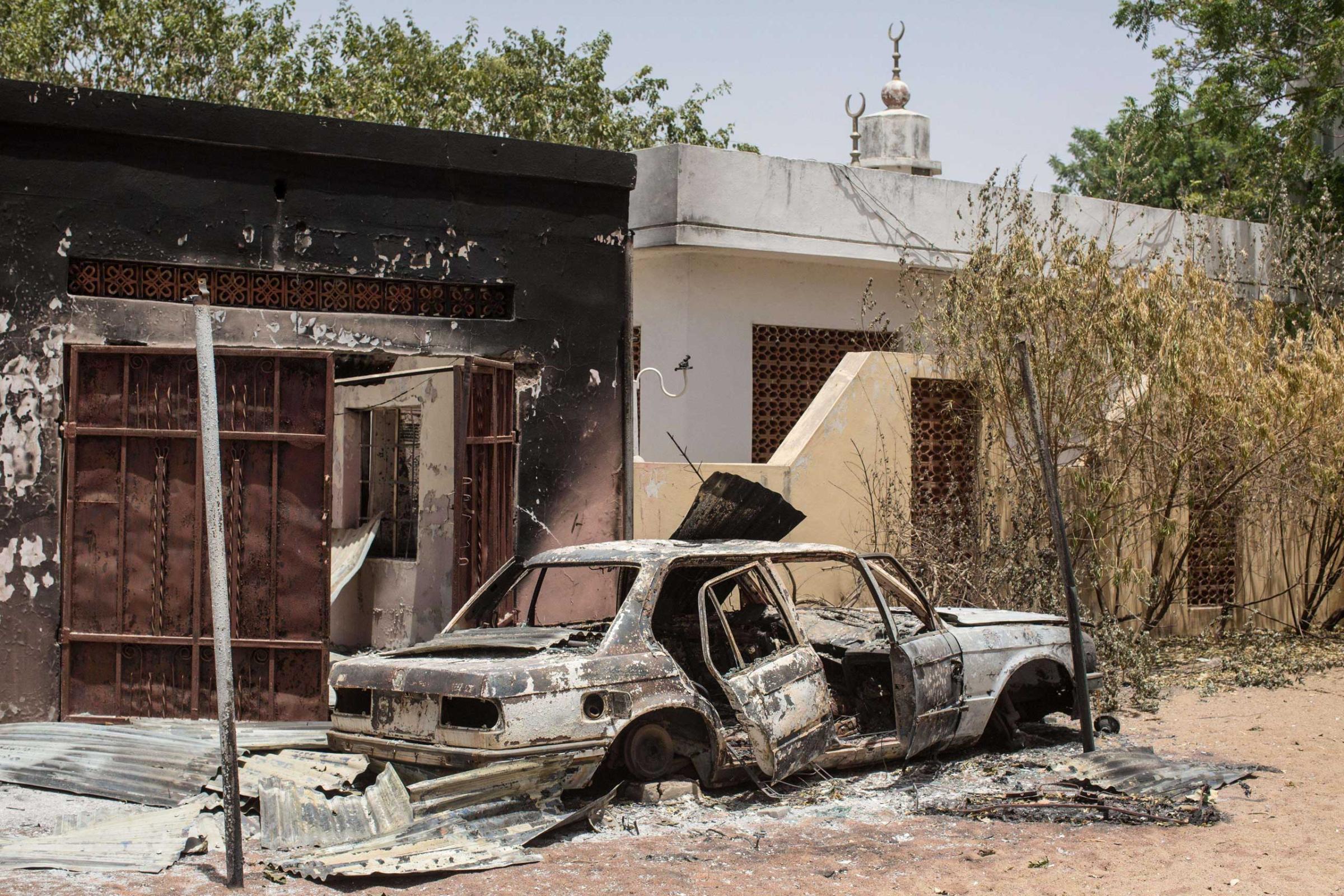
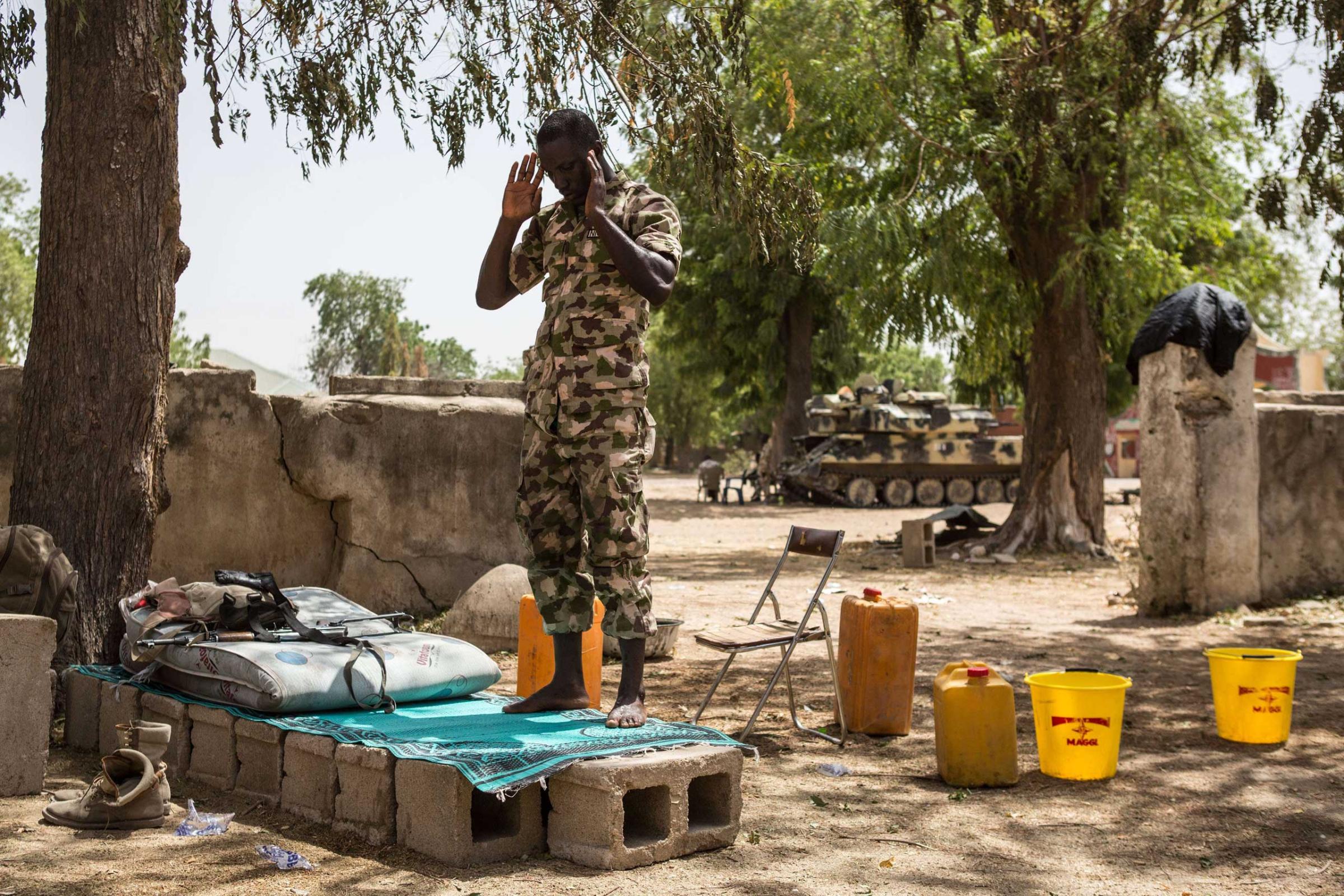
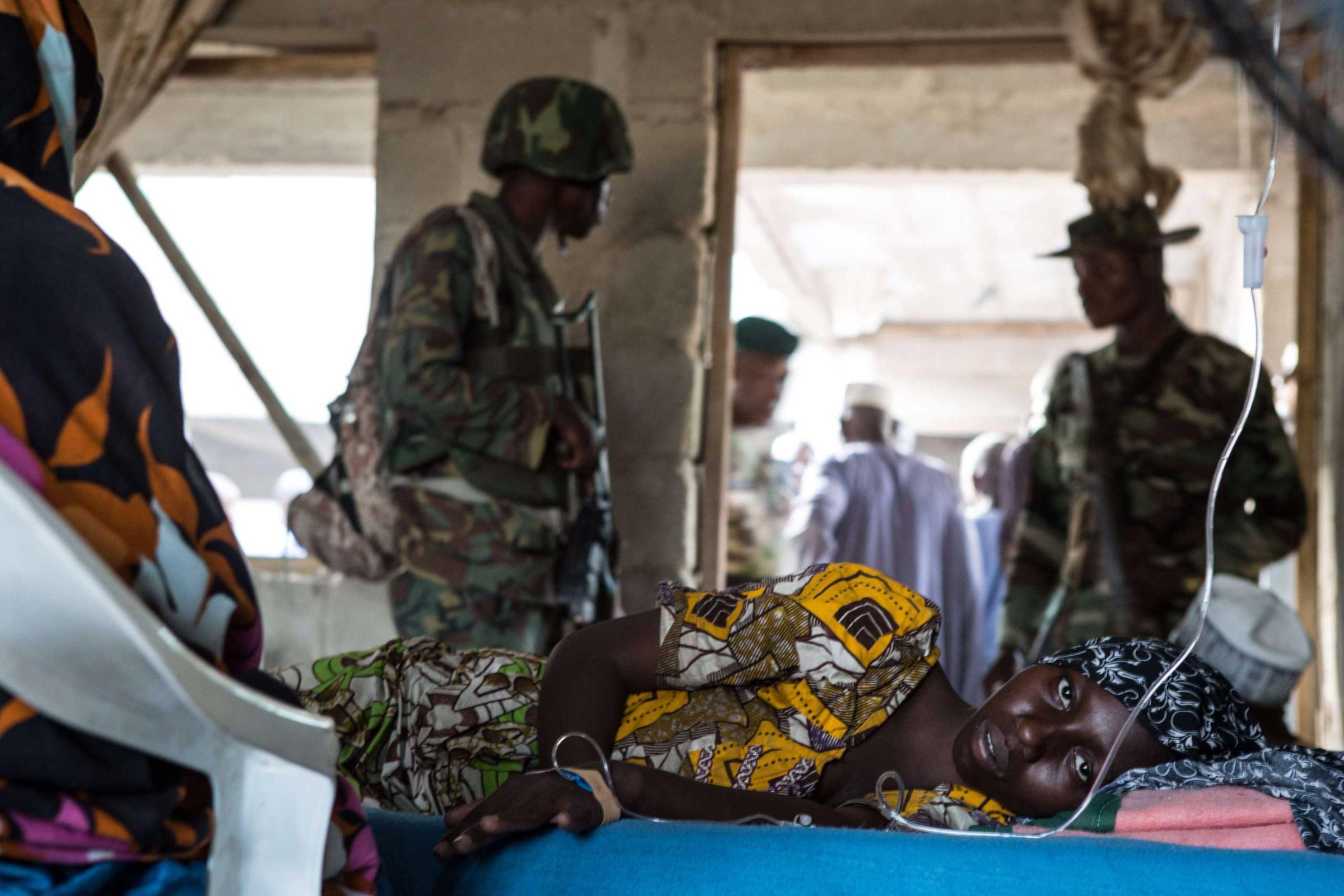
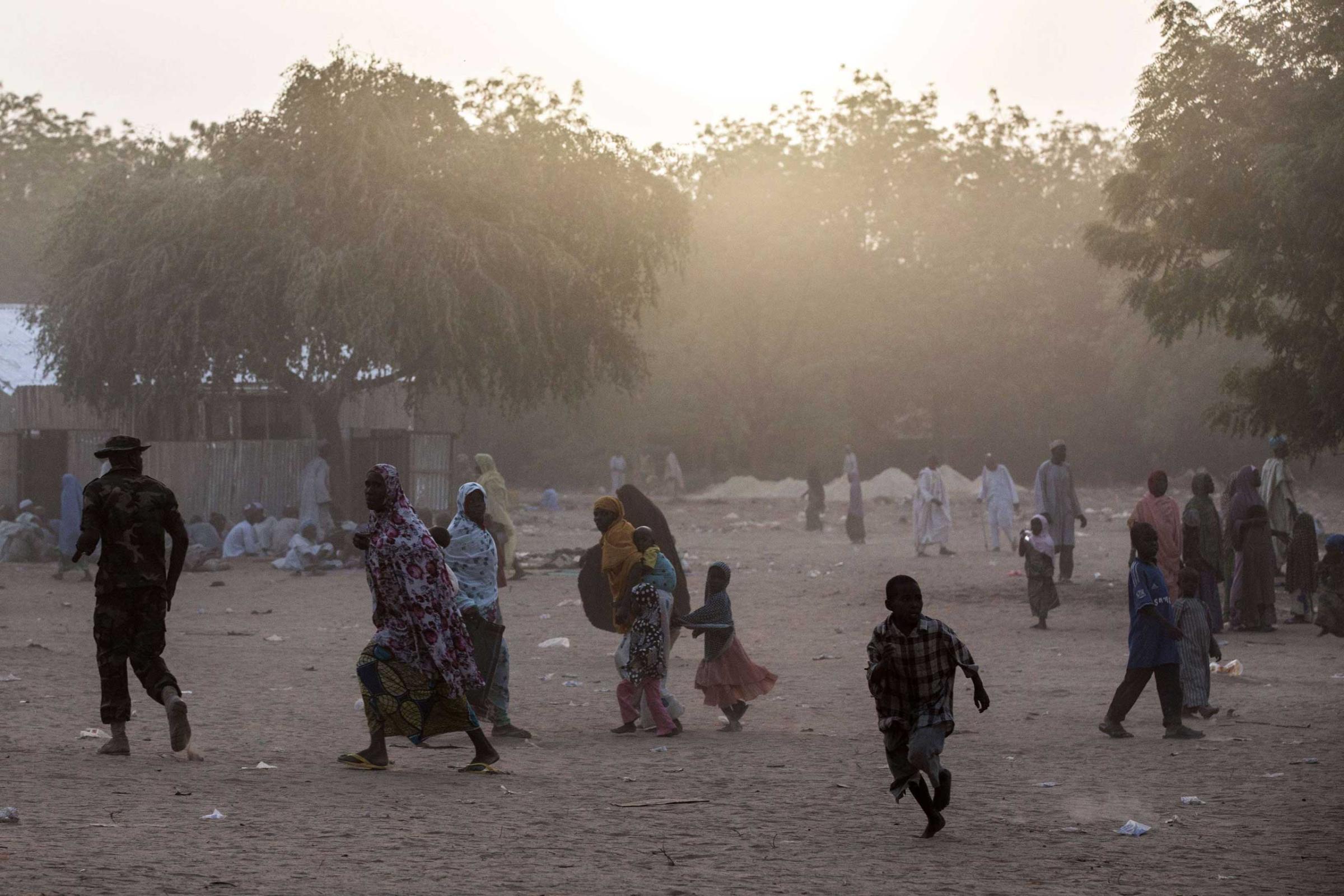
More Must-Reads from TIME
- Caitlin Clark Is TIME's 2024 Athlete of the Year
- Where Trump 2.0 Will Differ From 1.0
- Is Intermittent Fasting Good or Bad for You?
- The 100 Must-Read Books of 2024
- Column: If Optimism Feels Ridiculous Now, Try Hope
- The Future of Climate Action Is Trade Policy
- FX’s Say Nothing Is the Must-Watch Political Thriller of 2024
- Merle Bombardieri Is Helping People Make the Baby Decision
Contact us at letters@time.com